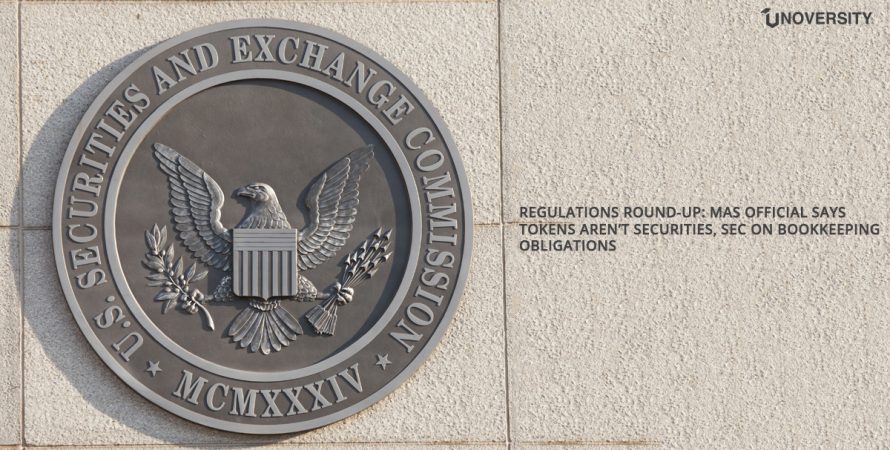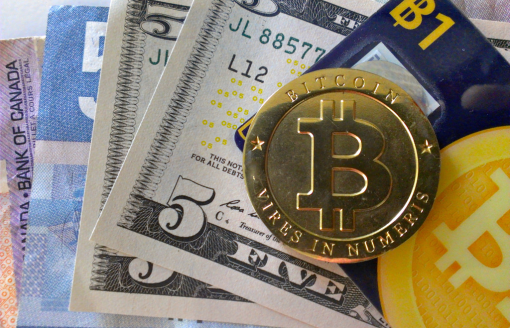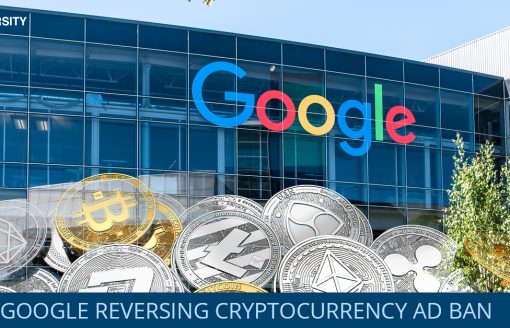On September 19th, an official representing the Monetary Authority of Singapore (MAS), the city’s state central bank, said in an interview that no cryptocurrency tokens depicting securities have been approved by the Singapore authorities to date.
Mr. Damien Pang, the head of the Monetary Authority of Singapore’s technology infrastructure office for fintech and innovation, speaking at the Consensus Singapore 2018 conference said that the MAS currently identifies tokens in one of three categories – utility tokens, payments tokens, and securities tokens.
Pang said that his opinions differ from that of other country regulators is because that every jurisdiction has their own criteria of judging what is or isn’t a security.
Pang said about the categorisation of the cryptocurrencies:
“The MAS takes a close look at the characteristics of the tokens, in the past, at the present and in the future, instead of just the technology built on.”
Pang also stated that it is the first time that he believes the segregation of a digital token applied by MAS, could change over the time, depending on their current and future features.
“The MAS does not intend to regulate utility tokens that are used to access certain services. But a payments service bill is expected to be enacted by the end of this year to apply to payment tokens, which have storage and payment values,” Mr. Pang stated.
Pang restated that if need be then cryptocurrency assets will be regulated. This is subjected to the features of these assets becoming more like securities offerings which promises future earnings.
The head of the Monetary Authority also spoke about the status of the central bank’s “sandbox initiative” (an initiative to enable FinTech players to experiment with innovative financial products or services in the production environment but within a well-defined space and duration), and whether cryptocurrency token projects were leveraging the resources.
To date, he said the regulator has not accepted any token projects, MetLife Insurance is testing a blockchain-based application to promote medical insurance transactions under the more limited rules.
With regard as to why the regulators didn’t go farther in making clear which cryptocurrency tokens, whether Bitcoin or Ether, haven’t been explicitly deemed to fall outside the regulations and also why the authority does not plan to name names like regulators in the U.S., Damien Pang said this approach may not help create a supportive environment for innovation.
Pang also stated that the moment one starts naming names, people take it very straight – these are and those are not. But in fact, he said there are more than 1000 tokens. “Bear in mind, we provide clear guidelines to categorize them,” he added.
In other news, Wesley Bricker, the chief accountant of the U.S. Securities and Exchange Commission, lately delivered a speech at the Association of International Certified Professional Accountants (AICPA) National Conference on Banks & Savings Institutions, where he emphasized the “fundamental” bookkeeping duties for firms operating with virtual currencies.
The SEC chief accountant said:
“Distributed ledger technology and digital assets, despite their exciting possibilities, do not alter this fundamental responsibility.”
Mr. Bricker also emphasized that the accounting industry should stay involved with regards to emerging technological innovations such as cryptocurrency,
Mr. Bricker stated:
“It follows that changes in technology need not work against investors and the public capital markets. Moreover, companies must continue to maintain appropriate books and records—regardless of whether distributed ledger technology (such as blockchain) smart contracts, and other technology-driven applications are (or are not) used.”






Cryptos are assets not money: G20 countries